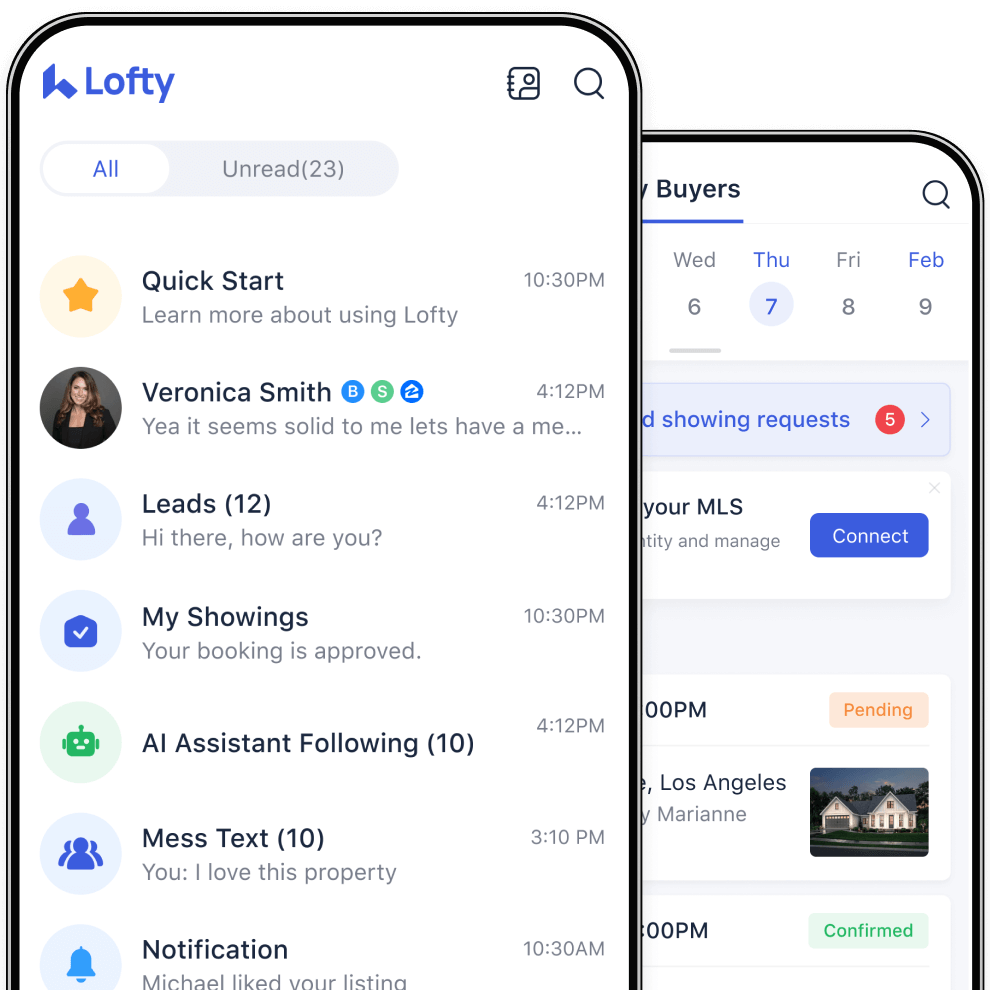Buy, Sell, Build, Move: AI’s Impact on the Future of Real Estate

– Written by Joe Chen
As the CEO of Chime Technologies, I now spend a lot of time considering how such technology can impact the real estate industry both today and well into the future. I know what you are thinking – AI and real estate don’t exactly seem like an obvious match. It’s true that historically this market has eschewed technology innovation. For decades the industry has been reliant on relationships, word-of-mouth marketing, and traditional business operations to buy, sell, negotiate, and grow. And yet real estate is undergoing its own Digital Transformation– driven in part by AI. Let’s take a closer look at how the push towards AI innovation may impact the future of the real estate and how it is already changing the residential real estate process.
Big Cities Getting Bigger
Driverless cars are one application of AI that is already making waves (albeit with some drastic improvements to be made). Based on a recent J. D. Power survey of 100 auto and technology experts, it will be more than a decade before fully autonomous vehicles are being sold to private buyers. The impact of this technology, however, has a ripple effect on both where and how we live. In the future, urban planners will have their jobs cut out for them orchestrating roadways for such vehicles. Cars will be moving at twice the speed of today and face minimum traffic.

To make that a reality, big cities will have to get even bigger. Imagine places such as Los Angeles expanding to nearly twice it’s original footprint. As someone who has spent a lot of time living and working in megacities across Asia such as Tokyo, Beijing, and Hong Kong you can start to see the shift firsthand. In the AI-driven future, as more of us do not need to work long hours thanks to AI-enabled robots and the like, we will spend more time and money on entertainment and recreation. That means big cities like San Francisco, New York, and Las Vegas will have to include an entertainment and recreational industry as a center point to their region. Drawn to these more vibrant recreational opportunities, the population of these cities will bloom as people increasingly move from rural and small cities into those new mega-cities.
As megacities expand, there will inevitably be a lot of construction. But do future generations of people want to build homes? While that remains to be seen, there is a possibility that instead home building will be done by robots, in factories, in modules – with cabinets installed and bathroom tubs put in place – built exactly where they are manufactured. These home modules will be transported by driverless trucks to the construction site, set by robots and finished off with minimum human involvement. Thanks to AI, the biggest manufacturing factories in the future may very well be home building factories.
Changing the Buy/Sell Agreement

Modular home or traditional construction, it’s safe to say that today AI is already changing how residential real estate sales happen. The advent of mobile technology coupled with the always-on nature of social media has changed the game for real estate agents. Consumers are increasingly looking for high-touch interactions with brokers at all times of the day or night. And yet, agents cannot be constantly tethered to a device or their desk to respond and push those leads through the sales funnel – it’s simply not realistic. They have to make time for closings, showings, and family like anyone else. AI is proving to be the secret sauce that enables them to not only respond and qualify new leads 24/7 but does so intelligently – meeting the needs of both the consumer and the broker.
Chatbots are a prime example. According to The State of Chatbots Report, 2018, 64% of internet users cited 24-hour service as the best chatbot feature. For real estate agents, AI-driven technology to assist with these 24×7 requests and inquiries about property details and opportunities is nothing short of major competitive advantage. The ability to respond in real-time with an intelligent interaction that mirrors chatting with a real person brings much-needed automation and personalization to the real estate sales process. Productivity in this market is critical and providing an opportunity to classify and distill leads removes the manual work and costs associated with lead capture while simultaneously elevating conversion rates.
AI can tackle the next step in the sales process as well. A home showing may no longer need to be something that happens in-person but can be done online. No longer reliant on static videos alone, agents can leverage AI to guide a consumer through a 3D virtual home tour.
So, what would all these factors look like together? Let’s imagine a young farmer from Wyoming 15 years from today. Impressed by a visit to Los Angeles she decides to move to the megacity and instructs a home shopping bot to find a house in the new suburb of Los Angeles with detailed architecture and price requirements. Her shopping bot chooses an experienced buyer agent and together they tour many homes online via 3D virtual tours.

After chatting with hundreds of seller agent chatbots, they determine the exact home design isn’t possible in the right price range, but land abounds. The farmer decides to buy an empty lot and contracts a modular home manufacturing company to build a new home to her exact specifications. In two weeks, the home is built and delivered on-site. Once she moves in, the farmer hails an Uber, which by then is already autonomous, and shares a ride of 100 miles with another local resident. They arrive LA downtown, by then a maze of entertainment, recreational, and human services hotbed, in less than 30 minutes.
A future such as this is not too distant, but it underscores the range of applications and opportunities for AI to impact our daily lives. It’s also easy to see how interconnected each of these emerging applications may be from autonomous vehicles to urban planning, residential real estate and beyond. As we continue to collectively innovate, putting AI into practice will yield considerations we haven’t yet thought about as we strive to improve where we live, how we work, and how we build the communities around us.
Joe Chen is the CEO of Chime Technologies and founder of the parent company, Renren, Inc. (RENN). Joe is a pioneer of China’s internet industry. Previously, he was the co-founder, chairman, and chief executive officer of ChinaRen.com, a first-generation SNS in China and one of China’s most visited websites in 1999. Mr. Chen holds a Bachelor’s degree in physics from the University of Delaware, a Master’s degree in engineering from the Massachusetts Institute of Technology, and an M.B.A. degree from Stanford University.




